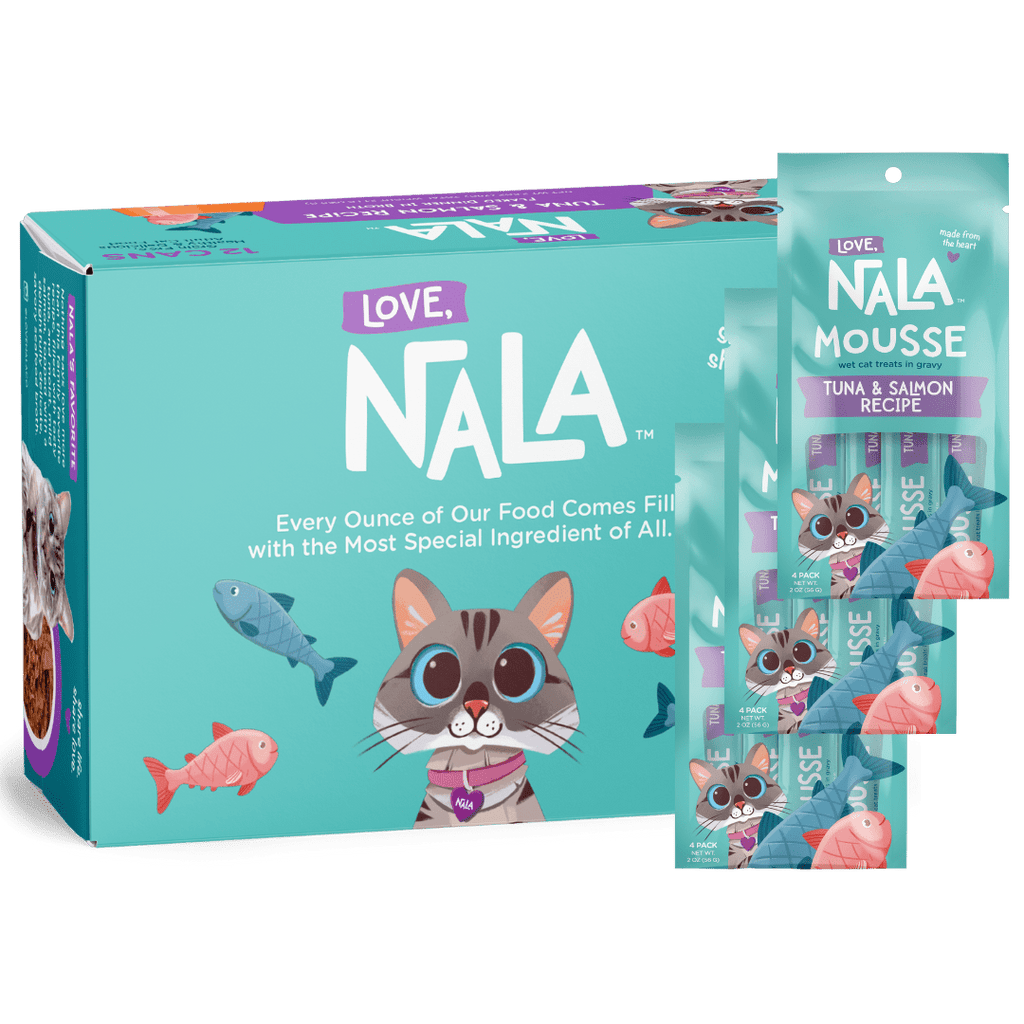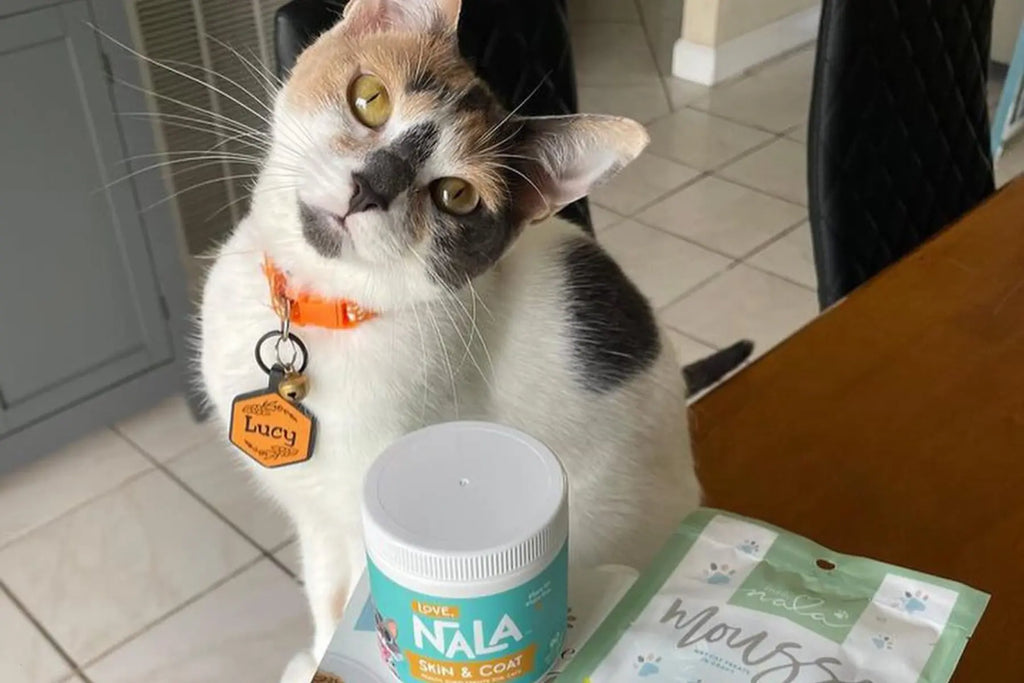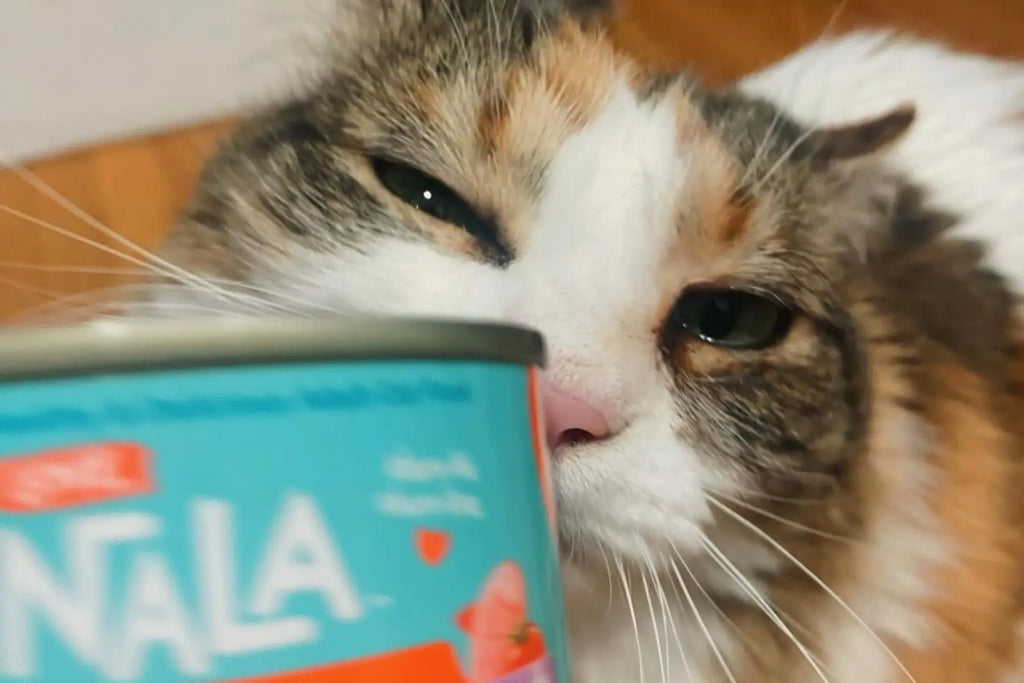Cats have unique dietary needs that differentiate them from other pets. One of these distinct requirements is the essential amino acid - taurine. Unlike some animals, cats cannot synthesize taurine internally and thus, must obtain it from their diet. This amino acid is crucial for various bodily functions which makes understanding it an imperative aspect for every cat owner. This section will provide a brief overview of taurine as an essential amino acid and its significance in feline nutrition.
The primary aim of this article is to explain the critical role of taurine in your cat’s diet. It seeks to educate cat owners on why taurine is indispensable, and how its deficiency can adversely affect a cat's health. Moreover, this piece will provide guidance on how to ensure your cat receives adequate taurine through their diet or supplementation, thus promoting optimal health and longevity for your feline companion.
Understanding Taurine
What is Taurine?
Taurine is an amino acid, which is the building block of proteins. Unlike other amino acids, taurine is categorized as a sulfur amino acid due to its sulfur-containing structure. It's not used to build proteins, but it's vital for many other bodily functions. Taurine is found in various parts of the body including the bile, the heart, the brain, the eyes, and many other tissues. Its multifaceted roles underline the importance of taurine for felines.
Taurine’s Role in Feline Health
The significance of taurine is illustrated through its extensive contributions to feline health. One primary function of taurine is in heart health; it helps in the proper functioning of the myocardium, which is the muscular tissue of the heart. Without sufficient taurine, cats can develop cardiomyopathy, a disease of the heart muscle. Furthermore, taurine is crucial for eye health. It supports the maintenance of the retina, and a deficiency can lead to vision problems. These vital functions emphasize the benefits of taurine in cats, highlighting why ensuring a cat has adequate taurine in their diet is of paramount importance.
Cats’ Unique Requirement for Dietary Taurine
Unlike many animals, cats have a unique dietary requirement for taurine due to their limited ability to synthesize this vital amino acid internally. In many species, taurine can be synthesized from other amino acids like methionine and cysteine, but cats have a significantly lower rate of synthesis, which does not meet their physiological demands. Therefore, they rely heavily on external sources of taurine to fulfill their needs. This distinctive trait among cats underscores the necessity of a diet rich in taurine or the provision of supplements to meet their cat taurine requirements.
Implications of Taurine Deficiency
Health Risks Associated with Taurine Deficiency
Taurine deficiency in cats can trigger a cascade of health issues that can significantly impair their quality of life. One of the most serious conditions associated with taurine deficiency is cardiomyopathy, a disease characterized by the dilation and weakening of the heart muscles. This condition can lead to heart failure if not addressed promptly. Besides cardiac issues, a lack of taurine can also affect a cat's reproductive system. Females may face difficulty in conceiving or may have kittens with developmental issues. These profound health risks emphasize the feline taurine deficiency as a serious concern that necessitates immediate attention and corrective action.
Recognizing Taurine Deficiency
Early recognition of taurine deficiency is pivotal to averting serious health complications. Symptoms may include lethargy, loss of appetite, impaired vision, or even heart failure in severe cases. A definitive diagnosis of taurine deficiency generally requires a veterinary examination, including blood tests to measure taurine levels. The earlier a deficiency is identified, the quicker corrective measures can be taken to restore taurine levels to a healthy range, thereby minimizing the risk of associated health issues.
Addressing Taurine Deficiency
Upon recognizing a taurine deficiency, immediate action is required to prevent further health deterioration. Veterinary intervention is crucial in devising a suitable plan to address the deficiency. This plan may include dietary adjustments such as introducing taurine-rich cat foods or taurine supplementation. It's imperative to follow the vet's guidelines meticulously to ensure the efficacy of the treatment plan. Over time, with the right dietary modifications, it's possible to restore taurine levels, significantly improving the cat's health and preventing further complications.
Ensuring Adequate Taurine Intake
Taurine-Rich Foods
Ensuring your cat receives ample taurine is fundamental for its health and longevity. The primary source of taurine for cats is through their diet. Meat, particularly organ meats like the liver and heart, are excellent natural sources of taurine for cats. Additionally, many commercial cat foods are fortified with taurine to meet the nutritional needs of cats. Understanding the taurine levels in cat diets is essential for making informed dietary choices for your feline companion.
Taurine Supplementation for Cats
In some instances, especially if a cat has been diagnosed with a taurine deficiency or if it has higher taurine needs due to specific health conditions, taurine supplementation may be necessary. The decision to supplement should always be guided by a veterinarian who can advise on the appropriate dosage and the best form of supplementation. Taurine supplementation for cats can be an effective strategy to ensure they receive the necessary amount of this crucial amino acid, thereby supporting their overall health.
Consulting with a Veterinarian
Regular consultations with a veterinarian are indispensable in assessing the adequacy of taurine in your cat’s diet. A vet can perform necessary tests to evaluate the taurine levels in a cat's diet and advise on whether supplementation or a diet change is needed. Additionally, a veterinarian can help tailor a taurine supplementation plan that meets the unique needs of your cat, ensuring its dietary requirements are met adequately.
Practical Tips for Cat Owners
Choosing Taurine-Rich Cat Foods
Selecting the right food for your cat is a fundamental step in ensuring they receives adequate taurine. Many commercial cat foods are fortified with taurine to meet the cat taurine requirements. However, it's crucial to read and understand the labels to ascertain the taurine content. Brands known for high taurine content should be prioritized. This requires a bit of research, but the effort is worthwhile to ensure your cat's health and longevity. Make sure to look for labels that specifically mention the inclusion of taurine among the ingredients to make an informed choice.
Monitoring Your Cat's Health
Regular monitoring of your cat's health is imperative in gauging the effectiveness of their diet in meeting taurine needs. This involves routine veterinary check-ups where the vet can assess the overall health and, if necessary, the taurine levels in your cat's body. Besides professional assessments, observing changes in your cat’s behavior, appetite, and energy levels can provide insights into their nutritional status. Any unusual symptoms or behavioral changes should be discussed with your vet to determine whether a taurine deficiency or other nutritional issue might be at play.
Educating Yourself Further
Being knowledgeable about feline nutrition, particularly about taurine can significantly impact the well-being of your cat. Staying updated on the latest research concerning feline taurine deficiency and nutritional requirements is beneficial. Joining cat owner communities, attending webinars, and reading reputable sources can provide invaluable insights. The more educated you are, the better positioned you’ll be to make informed decisions regarding your cat's diet, ensuring they receive the necessary taurine to thrive.
The journey through understanding taurine’s essential role in a cat’s diet underscores its profound impact on feline health. Taurine is indispensable for numerous physiological functions, and its deficiency can lead to severe health issues. Ensuring a diet rich in taurine, whether through taurine-rich cat foods or supplementation under veterinary guidance, is paramount for maintaining your cat's health and vitality.
The proactive approach to cat nutrition, with a keen focus on taurine, is an investment in your cat's healthy and happy life. The importance of taurine for felines cannot be overstated, and as a responsible cat owner, ensuring a balanced diet rich in essential nutrients like taurine is imperative. This journey may require a bit of effort, learning, and consultation with veterinary professionals, but the reward is a flourishing, healthy cat that enjoys a high quality of life.




















